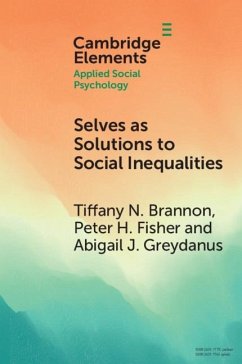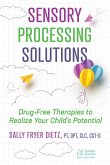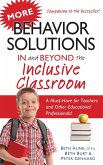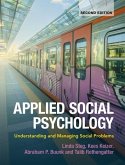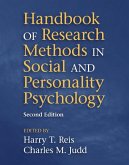Social disparities tied to social group membership(s) are prevalent and persistent within mainstream institutions (e.g., schools/workplaces). Accordingly, psychological science has harnessed selves - which are malleable and meaningfully shaped by social group membership(s) - as solutions to inequality. We propose and review evidence that theoretical and applied impacts of leveraging 'selves as solutions' can be furthered through the use of a stigma and strengths framework. Specifically, this framework conceptualizes selves in their fuller complexity, allowing the same social group membership to be associated with stigma, risk, and devaluation as well as strengths, resilience, and pride. We provide evidence that by enacting policies and practices that (a) reduce/minimize stigma and (b) recognize/include strengths, mainstream institutions can more fully mitigate social disparities tied to inclusion, achievement and well-being. Using social groups that vary in status/power we examine implications of this framework including the potential to foster positive, recursive, and intergroup impacts on social inequalities.
Dieser Download kann aus rechtlichen Gründen nur mit Rechnungsadresse in A, B, BG, CY, CZ, D, DK, EW, E, FIN, F, GR, HR, H, IRL, I, LT, L, LR, M, NL, PL, P, R, S, SLO, SK ausgeliefert werden.

